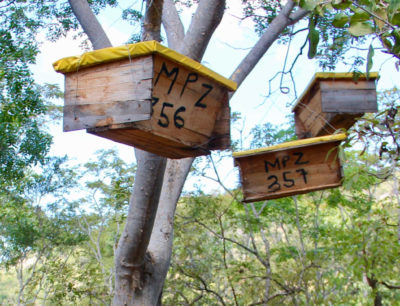The Tree That’s Changing Everything for Small-Scale Farmers in Zambia
I don’t believe she had ever planted a tree before. Though I can’t remember her name, I will never forget t

I don’t believe she had ever planted a tree before. Though I can’t remember her name, I will never forget t
With a determined staff and deep convictions, COMACO is now launching a new business model that links our farmers direct
"The soil is dead," was his reply. "No nutrients. Fertilizers are too expensive for a poor farmer like me and without it